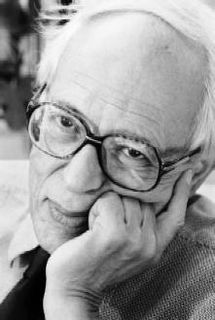A Quote by Frederick Lenz
Both light and dark are eternity. Human beings assign relative values to colors, but beyond the relative, there just is - what in Zen we call "suchness".
Related Quotes
People are, by and large, quite poor at judging correct absolute values but are astute about determining relative values. Psychologists call this coherent arbitrariness, which suggests that individuals are coherent when they compare prices on a relative basis but arbitrary when those prices are considered versus fundamental value.
Kids are told there are no differences between boys and girls. They are told there is no such thing ultimately as right and wrong. Values are relative. Truth is relative. Morality is defined by individual choice. If that isn't a recipe for sexual harassment and other forms of sexual and physical abuse, I don't know what it is.
There are really three players: 'absolutists', for whom it is possible to describe reality as it anyway is; 'constructivists' or 'humanists', for whom there is nothing beyond a world that is relative to human interests and conceptual schemes; and 'ineffabilists', like myself, for whom any describable world indeed exists 'only in relation to man', as Heidegger put it, but for whom, as well, there is an ineffable realm 'beyond the human'.



































